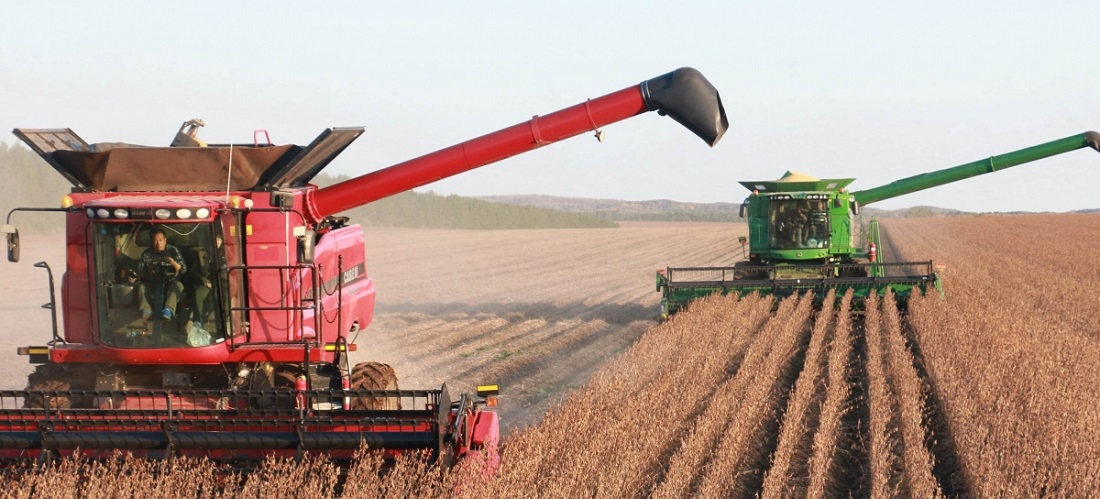
China intends to raise soybean crop yield by 40% by 2025 to reduce importations
Jan, 13, 2022 Posted by Gabriel MalheirosWeek 202202
China announced, in an official document released on Thursday, January 13, that it intends to sharply increase soybean production over the next four years, in an effort to increase the country’s self-sufficiency in the supply of the oilseed.
The country has set a target of producing about 23 million tons of soybeans by the end of 2025, a 40% increase from current production levels of 16.4 million tons, said the Ministry of Agriculture and Rural Affairs as it disclosed its 14th five-year harvest plan.
The expansion of soybean and oilseed production in 2022 was requested during a central leadership policy meeting in late December.
The 2025 target also comes as the pandemic continues to disrupt agricultural supply chains and trade tensions linger between China and the US, its second-largest soy supplier, falling short only to Brazil.
China depends on the global market for 85% of the soybeans it consumes, and import origins are highly concentrated, the ministry said in the five-year plan document.
In 2019, China had laid out a plan to revitalize domestic soybean crops, and later, it repeatedly reiterated the need to increase local production, ensure grain safety, and reduce dependence on US imports.
Soybean production in China dropped 16% in 2021 compared to the previous year, as some farmers abandoned growing the oilseed and turned to more profitable crops like corn.
According to the five-year plan document, China will earmark land specifically for soybean cultivation, expand soybean-corn rotation programs, and focus on increasing oilseed yields during the 2021-25 period.
Beijing will also expand acreage and production of other oilseeds, including rapeseed and peanuts, to meet the growing demand for cooking oils and plant-based protein.
Rapeseed production will increase 29% to 18 million tonnes, while peanut production will reach more than 19 million tonnes, up from 17.99 million tonnes in 2020.
In 2019, China reduced rapeseed imports from Canada, the world’s top exporter and producer, due to a tense bilateral relationship between Beijing and Ottawa. The number of shipments is still limited.
Also, Beijing aims to produce 215 million tonnes of rice, 140 million tonnes of wheat, and 277.5 million tonnes of corn by 2025, slightly above production levels in 2020.
China has imported record volumes of grain, including corn and wheat, over the past two years as domestic cereal prices soared. However, shipments of some grains have fallen recently amid weakening demand.
Source: Money Times
To read the full original article please visit:
-
Ports and Terminals
Sep, 27, 2022
0
Port of Suape announces new BRL 1.5 billion ore terminal
-
Ports and Terminals
Sep, 01, 2020
0
Port of Santos cuts bureaucracy involved in vessel moorings
-
Ports and Terminals
Nov, 27, 2023
0
Pecém Complex signs contract to export iron ore to China
-
Sugar and Ethanol
Apr, 17, 2019
0
Ethanol prices jump as farmers delay harvest and demand increases



